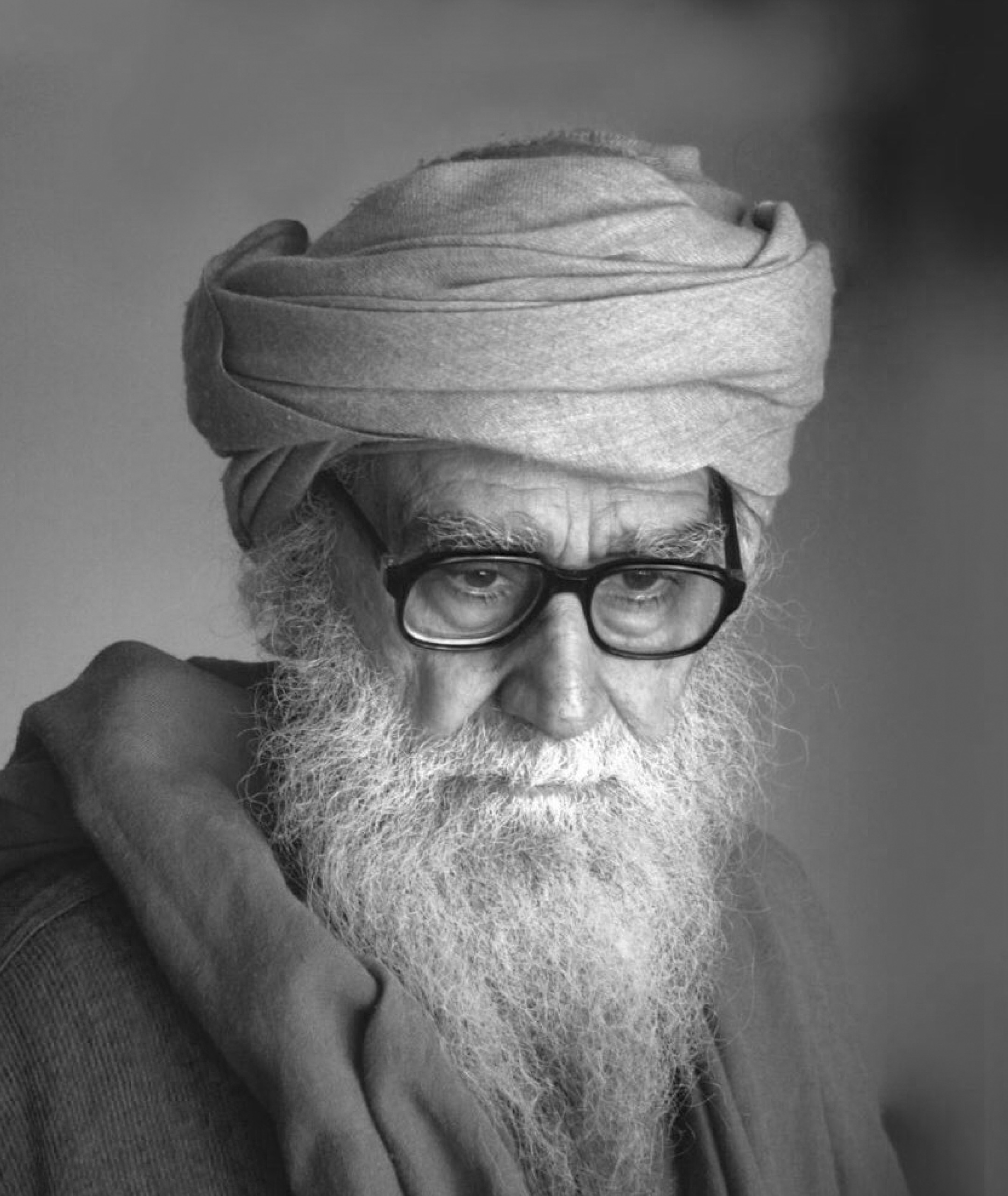FROM MAULANA’S DESK
 Maulana Wahiduddin Khan, born in 1925, in Azamgarh, Uttar Pradesh, is an Islamic spiritual scholar who is well-versed in both classical Islamic learning and modern disciplines. The mission of his life has been the establishment of worldwide peace. He has received the Padma Bhushan, the Demiurgus Peace International Award and Sayyidina Imam Al Hassan Peace award for promoting peace in Muslim societies. He has been called ’Islam’s spiritual ambassador to the world’ and is recognized as one of its most influential Muslims. His books have been translated into sixteen languages and are part of university curricula in six countries. He is the founder of the Centre for Peace and Spirituality based in New Delhi.
Maulana Wahiduddin Khan, born in 1925, in Azamgarh, Uttar Pradesh, is an Islamic spiritual scholar who is well-versed in both classical Islamic learning and modern disciplines. The mission of his life has been the establishment of worldwide peace. He has received the Padma Bhushan, the Demiurgus Peace International Award and Sayyidina Imam Al Hassan Peace award for promoting peace in Muslim societies. He has been called ’Islam’s spiritual ambassador to the world’ and is recognized as one of its most influential Muslims. His books have been translated into sixteen languages and are part of university curricula in six countries. He is the founder of the Centre for Peace and Spirituality based in New Delhi.
TERRORISM IN THE LIGHT OF ISLAMIC TEACHINGS
TODAY, ‘terrorism’ has become a buzzword. Across the globe, people are writing and talking about it. But, as far as I know, no clear definition of the term has emerged as yet. People condemn terrorism but, still, they cannot specifically and clearly define what it is. I have tried to understand this question in the light of Islamic teachings. My definition of terrorism is that, it is an armed struggle by non-governmental actors.
According to Islamic teachings, any person or group has the right to launch a peaceful movement for political purposes or for the sake of his community. He retains this right as long as he does not, directly or indirectly, engage in aggression. In Islam, only an established government has the right to use arms or to engage in military action if there is a genuine need for it. Non-governmental organisations do not have the right to pick up arms under any pretext. I have written about this Islamic ruling in considerable detail in several of my books.
According to internationally-accepted principles, established governments have the right to punish criminals and engage in defence against attackers. This is an Islamic principle, too. In the light of this principle, one could define terrorism as armed action engaged in by a non-governmental actor or actors. If a non-governmental actor feels that in a certain country there is injustice or that human rights are being violated, it has the right to make efforts to address the situation using only peaceful means. But, under no circumstances and under no pretext is it permissible for them to adopt violent methods. Suppose an individual or a non-governmental organisation was to argue, ‘We would like to work non-violently, but our opponent refuses to give us our rights, even if we use peaceful means. So, in these circumstances, what else can we do, but take to arms?'
The answer to this argument is that, the responsibility as regards these matters lies with the government and not with non-governmental actors. If someone feels that the government is failing to live up to its responsibilities, still it is impermissible for him to take on what is the government’s work. In these conditions, he can choose between only two alternatives: either to exercise patience, or else, to make every effort to address the situation using only peaceful methods.
Here, the question arises about what the appropriate response is to state terrorism, i.e. when the state engages in inappropriate violence. In this regard, it should be noted that this sort of violence is about a state misusing a right that it has, while for non-governmental actors to engage in violence is to engage in something that they have no right to at all. There is a distinction between doing something which one has no right to, on the one hand, and misusing a right that one is legally entitled to. In other words, if a non-governmental group were to engage in violence, no matter under what pretext, it would definitely be impermissible. On the other hand, if an established government were to engage in inappropriate violence, it would be told that it must use its right to use violence only in a legally permissible manner. By misusing this right, a government can turn itself into a criminal, just as a non-governmental actor can.
This point can be better understood with the help of a simile. Suppose a doctor uses his surgical knife to operate on a wrong part of his patient’s body. In this case, he would be guilty of misusing a right that he is entitled to. A qualified doctor definitely has the right to use his surgical knife—to operate on the correct part of his patient’s body— but he has no right to cut off a wrong part. On the other hand, a person who is not a doctor has no right whatsoever to use a knife on anyone, no matter under what pretext.
Maulana Wahiduddin Khan
[email protected]





